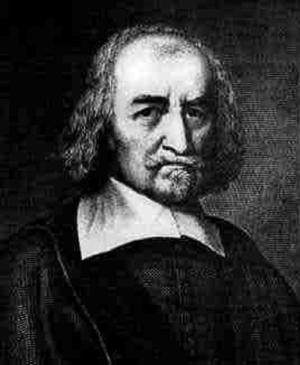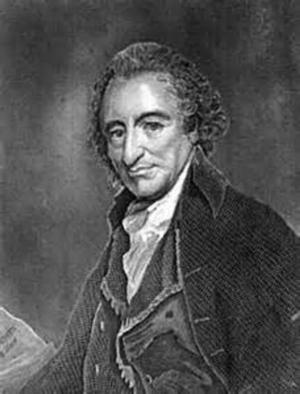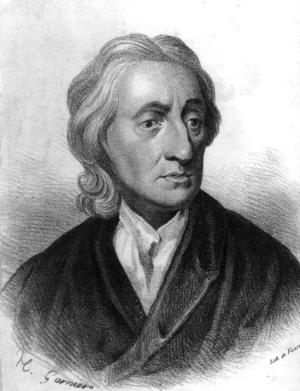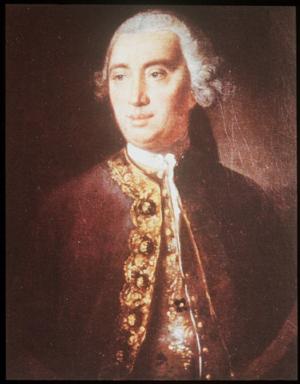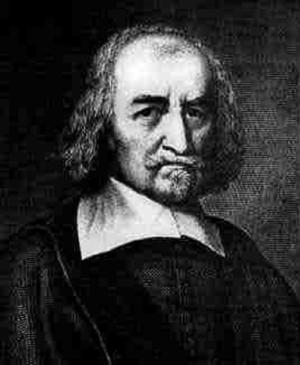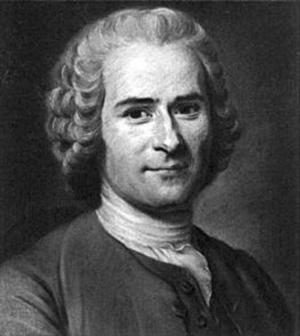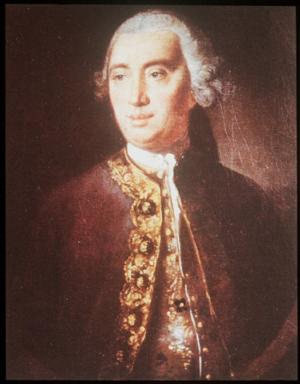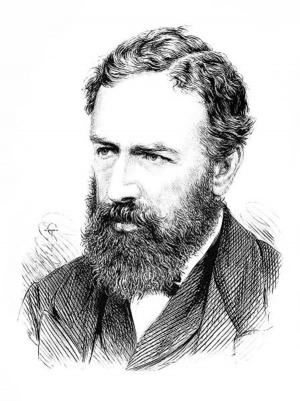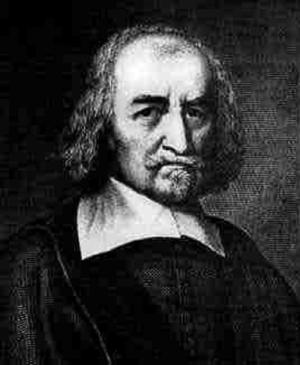Logical-Philosophical Treatise (Illustrated)
Nonfiction, Science & Nature, Science, Other Sciences, Methodology, Philosophy & Social Aspects| Author: | Ludwig Wittgenstein, Timeless Books: Editor | ISBN: | 1230000293775 |
| Publisher: | www.WealthOfNation.com | Publication: | January 27, 2015 |
| Imprint: | Language: | English |
| Author: | Ludwig Wittgenstein, Timeless Books: Editor |
| ISBN: | 1230000293775 |
| Publisher: | www.WealthOfNation.com |
| Publication: | January 27, 2015 |
| Imprint: | |
| Language: | English |
The book has an active table of contents for easy access to each chapter as the follows:
1. Preface of Logical-Philosophical Treatise by Bertrand Russell
2. The world is everything that is the case
3. What is the case, the fact, is the existence of atomic facts
4. The logical picture of the facts is the thought
5. The thought is the significant proposition
6. Propositions are truth-functions of elementary propositions
7. The general form of truth-function
8. Whereof one cannot speak, thereof one must be silent
Ludwig Wittgenstein was a British philosopher in the row with the greatest philosophical thinkers Bertrand Russell, Gottlob Frege, Karl Popper, and G. E. Moore. Their thoughts had strong influence on the investment style of George Soros and his endeavor of Open Society Foundations.
During his lifetime Wittgenstein published just one book in 1921, Logical-Philosophical Treatise. It was considered one of the most important works to lay out the foundation for analytic philosophy.
Philosopher Bertrand Russell described Wittgenstein as "the most perfect example I have ever known of genius as traditionally conceived; passionate, profound, intense, and dominating".
G. E. Moore wrote that "I myself consider that this is a work of genius; but, even if I am completely mistaken and it is nothing of the sort, it is well above the standard required for the Ph.D. degree."
When Wittgenstein returned to Cambridge in 1929, John Keynes wrote in a letter to his wife: "Well, God has arrived.”
Wittgenstein’s contributions to the modern world is his analytic philosophy on the logical relationship between propositions and the world. He argued a new framework by providing an account of the logic underlying this relationship to solve all philosophical problems. He also argued that the meaning of words is best understood as their use within a given language-game.
Wittgenstein's influence has been felt in nearly every field of the humanities and social sciences. Georg Henrik von Wright, his friend and colleague at Cambridge, better summarized his thoughts as the follows:
“He was of the opinion... that his ideas were generally misunderstood and distorted even by those who professed to be his disciples. He doubted he would be better understood in the future. He once said he felt as though he were writing for people who would think in a different way, breathe a different air of life, from that of present-day men.”
Steve Job’s elegant strategy “think different” to lead Apple to a new birth-way is another true case of application of Wittgenstein's philosophy.
The reasoning by Wittgenstein still remains as relevant today as it was then. This book is one of the most important ones about the deepest thoughts of philosophy and logic by Wittgenstein, one of the greatest thinkers of modern analytic philosophy on the planet.
The book is already read more than a hundred years and it will still be read for another century due to its truths. If you wanted to study modern analytic philosophy, the book will give the answer.
The book has an active table of contents for easy access to each chapter as the follows:
1. Preface of Logical-Philosophical Treatise by Bertrand Russell
2. The world is everything that is the case
3. What is the case, the fact, is the existence of atomic facts
4. The logical picture of the facts is the thought
5. The thought is the significant proposition
6. Propositions are truth-functions of elementary propositions
7. The general form of truth-function
8. Whereof one cannot speak, thereof one must be silent
Ludwig Wittgenstein was a British philosopher in the row with the greatest philosophical thinkers Bertrand Russell, Gottlob Frege, Karl Popper, and G. E. Moore. Their thoughts had strong influence on the investment style of George Soros and his endeavor of Open Society Foundations.
During his lifetime Wittgenstein published just one book in 1921, Logical-Philosophical Treatise. It was considered one of the most important works to lay out the foundation for analytic philosophy.
Philosopher Bertrand Russell described Wittgenstein as "the most perfect example I have ever known of genius as traditionally conceived; passionate, profound, intense, and dominating".
G. E. Moore wrote that "I myself consider that this is a work of genius; but, even if I am completely mistaken and it is nothing of the sort, it is well above the standard required for the Ph.D. degree."
When Wittgenstein returned to Cambridge in 1929, John Keynes wrote in a letter to his wife: "Well, God has arrived.”
Wittgenstein’s contributions to the modern world is his analytic philosophy on the logical relationship between propositions and the world. He argued a new framework by providing an account of the logic underlying this relationship to solve all philosophical problems. He also argued that the meaning of words is best understood as their use within a given language-game.
Wittgenstein's influence has been felt in nearly every field of the humanities and social sciences. Georg Henrik von Wright, his friend and colleague at Cambridge, better summarized his thoughts as the follows:
“He was of the opinion... that his ideas were generally misunderstood and distorted even by those who professed to be his disciples. He doubted he would be better understood in the future. He once said he felt as though he were writing for people who would think in a different way, breathe a different air of life, from that of present-day men.”
Steve Job’s elegant strategy “think different” to lead Apple to a new birth-way is another true case of application of Wittgenstein's philosophy.
The reasoning by Wittgenstein still remains as relevant today as it was then. This book is one of the most important ones about the deepest thoughts of philosophy and logic by Wittgenstein, one of the greatest thinkers of modern analytic philosophy on the planet.
The book is already read more than a hundred years and it will still be read for another century due to its truths. If you wanted to study modern analytic philosophy, the book will give the answer.

